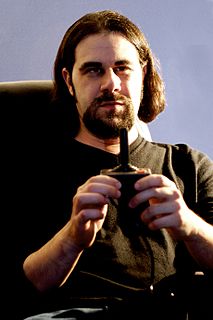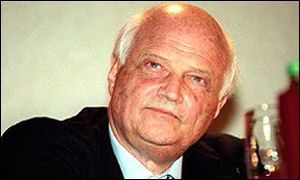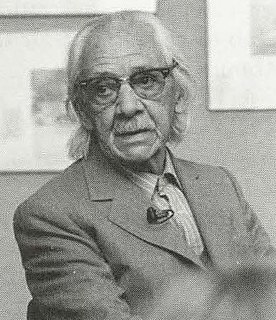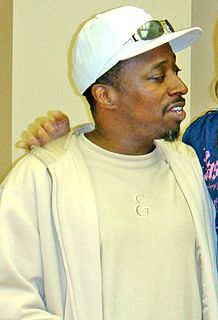A Quote by Baltasar Gracian
We have more days to live through than pleasures. Be slow in enjoyment, quick at work, for men see work ended with pleasure, pleasure ended with regret.
Related Quotes
None has more frequent conversations with a disagreeable self than the man of pleasure; his enthusiasms are but few and transient; his appetites, like angry creditors, are continually making fruitless demands for what he is unable to pay; and the greater his former pleasures, the more strong his regret, the more impatient his expectations. A life of pleasure is, therefore, the most unpleasing life.
I'm not the "not-working" type. I derive pleasure from my work. Work gives me relaxation too. Every moment I am thinking of something new: making a new plan, new ways to work. In the same way that a scientist draws pleasure from long hours in the laboratory, I draw pleasure in governance, in doing new things and bringing people together. That pleasure is sufficient for me.
Joy is not the same as pleasure or happiness. A wicked and evil man may have pleasure, while any ordinary mortal is capable of being happy. Pleasure generally comes from things, and always through the senses; happiness comes from humans through fellowship. Joy comes from loving God and neighbor. Pleasure is quick and violent, like a flash of lightning. Joy is steady and abiding, like a fixed star. Pleasure depends on external circumstances, such as money, food, travel, etc. Joy is independent of them, for it comes from a good conscience and love of God.
Lenten practices of giving up pleasures are good reminders that the purpose of life is not pleasure. The purpose of life is to attain to perfect life, all truth and undying ecstatic love - which is the definition of God. In pursuing that goal we find happiness. Pleasure is not the purpose of anything; pleasure is a by-product resulting from doing something that is good. One of the best ways to get happiness and pleasure out of life is to ask ourselves, 'How can I please God?' and, 'Why am I not better?' It is the pleasure-seeker who is bored, for all pleasures diminish with repetition.
There are three sorts of pleasures which are advantageous, and three which are injurious. Finding pleasure in the discriminating study of ceremonies and music, finding pleasure in discussing the good points in the conduct of others, and finding pleasure in having many wise friends, these are advantageous. But finding pleasure in profligate enjoyments, finding pleasure in idle gadding about, and finding pleasure in feasting, these are injurious.
Philebus was saying that enjoyment and pleasure and delight, and the class of feelings akin to them, are a good to every living being, whereas I contend, that not these, but wisdom and intelligence and memory, and their kindred, right opinion and true reasoning, are better and more desirable than pleasure
Innocent pleasures in moderation can provide relaxation for the body and mind and can foster family and other relationships. But pleasure, per se, offers no deep, lasting satisfaction or sense of fulfillment. The pleasure-centered person, too soon bored with each succeeding level of "fun," constantly cries for more and more. So the next new pleasure has to be bigger and better, more exciting, with a bigger "high." A person in this state becomes almost entirely narcissistic, interpreting all of life in terms of the pleasure it provides to the self here and now.







































